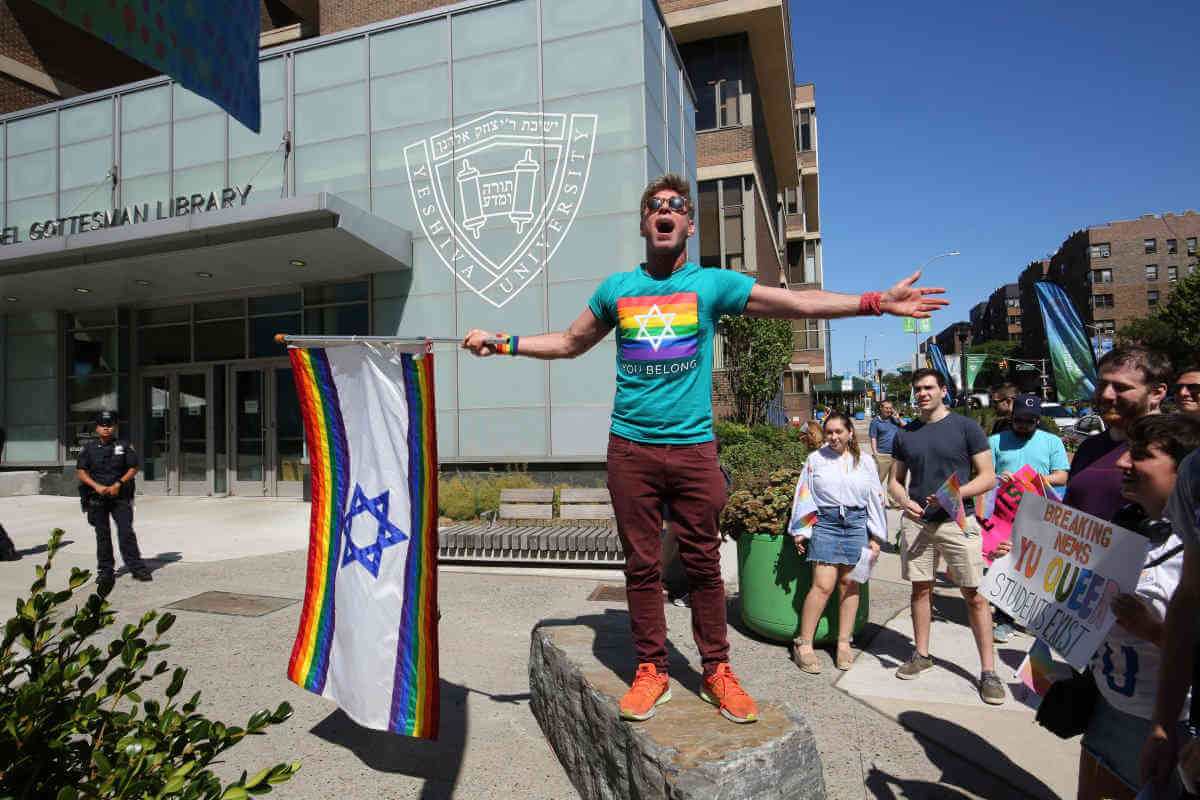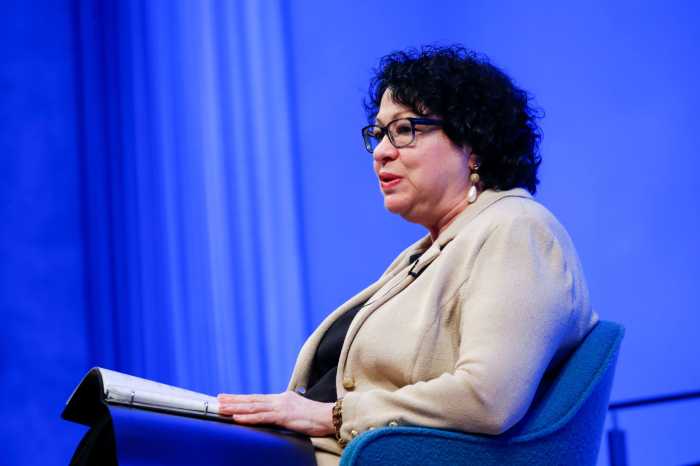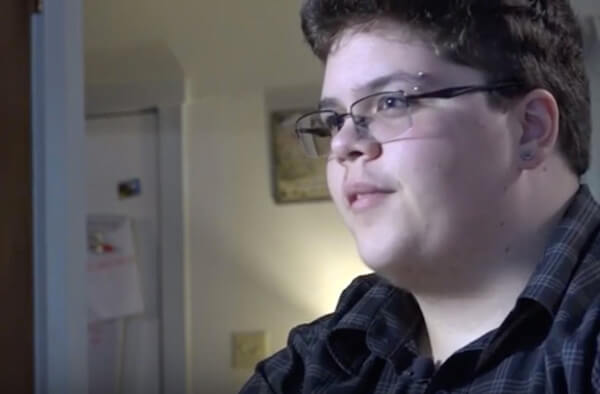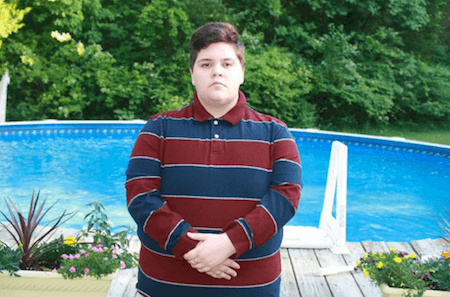Yeshiva University (YU) filed an “Emergency Application” with US Supreme Court Justice Sonia Sotomayor on August 29, asking her to stay New York Supreme Court Justice Lynn R. Kotler’s June 24 injunction that requires YU to formally recognize YU Pride Alliance “immediately” to comply with New York City’s Human Rights Law. Justice Sotomayor, who is responsible for dealing with Applications from states within the Second federal circuit, which includes New York, has requested a reply from YU Pride Alliance by September 2.
YU’s law and medical schools both formally recognize LGBTQ student groups, but the university has refused repeated requests since 2009 to recognize such an organization for undergraduate students. YU argues that “as the world’s premier Torah-based institution of higher education,” it has a First Amendment right to determine all aspects of campus life without interference from the government, under the “church autonomy” doctrine that has been mentioned by the US Supreme Court in various cases.
Justice Kotler, while acknowledging the religious character of the University, based her decision that YU is not an exempt religious corporation on past statements by YU in various contexts where it emphasized its status as an educational institution and that it was subject to the New York City Human Rights Law. YU is incorporated under the Education Law, not the Religious Corporation Law, and the judge noted that many of YU’s divisions are devoted to secular fields such as law or medicine and thus it does not appear to fit into the narrow definition of a “religious corporation” provided in the Religious Corporation Law.
The judge observed that in communicating with a state legislator in 2021 requesting capital construction funding, YU represented itself as a “501[c][3] not-for-profit institution of higher learning,” not as a religious corporation. She also noted that Yeshiva had published a “fact sheet” explaining its decision to allow LGBTQ student organizations at its professional schools, in which it affirmatively stated that it was obligated to comply with the city’s Human Rights Law, and that its recognition of the groups should not be interpreted as an endorsement by YU of those organizations’ views on homosexuality.
She might also have cited a decision from 2001, Levin v. Yeshiva University, which held that a lesbian student at the YU medical school could sue for housing discrimination under the New York City Human Rights Law when the university refused to the student and her same-sex partner live together in its “married student housing” dormitory.
“Yeshiva is either a religious corporation in all matters or it is not,” Justice Kotler wrote.
YU immediately filed a motion seeking a stay of Justice Kotler’s injunction, pending YU’s appeal. The Appellate Division denied that motion last week. YU then immediately filed a motion for leave to appeal the denial of the stay with the Court of Appeals, New York’s highest court, which promptly turned it down without explanation.
In its “Emergency Application,” YU implicitly asked Justice Sotomayor to refer its request to the full Supreme Court by urging that the matter not only be stayed but that this Application also be treated as an application for the Supreme Court to grant review of Justice Kotler’s decision without waiting for the state appeals process to take place, although YU noted that it has filed an appeal on the merits with the Appellate Division, which is expected to hear arguments this fall.
YU’s urgency is explained by its own academic calendar. The fall semester has already begun at the undergraduate school, and the period for applications to recognize new student clubs closes on September 11. Assuming YU Pride Alliance has applied for recognition, the university may face the possibility of a contempt action if it does not recognize YU Pride Alliance by that date and the injunction is not stayed.
Most of YU’s application is devoted to proving YU’s religious character, emphasizing that all undergraduates are required to take religious courses, that strict compliance with Jewish religious ritual law is maintained on campus, and that YU’s application materials stress these features of campus life so that applicants understand they are applying to a religious school. The application quotes the plaintiffs as having sought recognition in order to change campus practices around LGBTQ issues, and stresses that all of those practices are religiously-based, pointing out that the decision to deny recognition to the group was made in consultation with the rabbinical authorities of the university.
The application also asks the court to consider overruling its 1990 precedent, Employment Division v. Smith, under which individuals cannot claim a constitutional free exercise exemption from complying with religiously-neutral laws of general applicability. Justice Kotler had rejected YU’s free exercise claim in reliance on this decision. YU argues that the New York City Human Rights Law’s public accommodation provision is not a law of “general applicability” because it contains categorical exemptions for “distinctly private” clubs and “benevolent orders,” and also authorizes the Human Rights Commission to recognize individual exemptions for reasons of “public policy.”
YU points out that the Supreme Court’s decision in Fulton v. City of Philadelphia ruled that the Smith precedent did not apply in that case because Philadelphia’s contract with a Catholic foster care agency specified that the city reserved discretion to waive the contract’s anti-discrimination provisions. YU also noted that at least three justices of the Supreme Court have indicated an interest in “revisiting” the Smith precedent, and that lower courts have been divided in their interpretation of Fulton’s analysis of the “general applicability” issue, creating a need for clarification from the court. Thus, YU argued that it was highly likely that its petition to review Justice Kotler’s ruling would be granted by the court.
YU is represented by the Becket Fund for Religious Liberty, a Christian litigation group based in Washington, DC, that strongly opposes the application of anti-discrimination laws to religious organizations. YU Pride Alliance is represented by Emery Celli Brinckerhoff Abady Ward & Maazel LLP, a New York law firm.



































